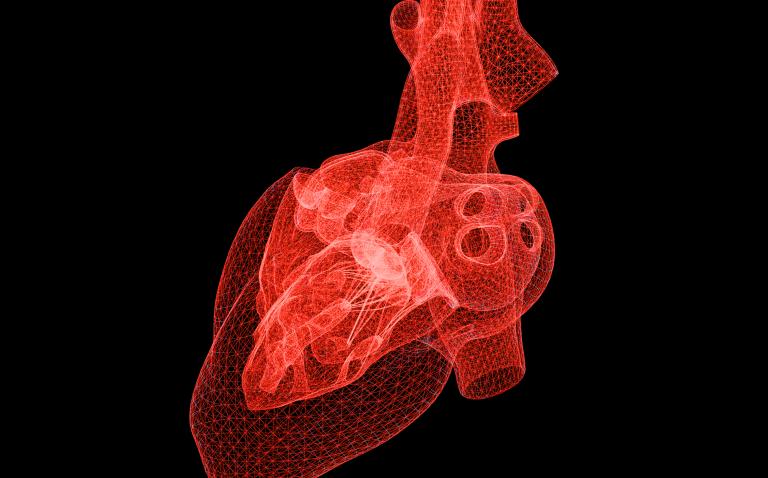Crash diets can cause a transient deterioration in heart function, according to research presented at CMR 2018.1 Patients with heart disease should seek medical advice before adopting a very low calorie diet.
“Crash diets, also called meal replacement programmes, have become increasingly fashionable in the past few years,” said lead author Dr Jennifer Rayner, clinical research fellow, Oxford Centre for Magnetic Resonance, University of Oxford, Oxford, UK.
“These diets have a very low calorie content of 600 to 800 kcal per day and can be effective for losing weight, reducing blood pressure, and reversing diabetes,” she added.2 “But the effects on the heart have not been studied until now.”
This study used magnetic resonance imaging (MRI) to investigate the impact of a very low calorie diet on heart function and the distribution of fat in the abdomen, liver, and heart muscle.
The study included 21 obese volunteers. The average age was 52 years, average body mass index (BMI) was 37kg/m2, and six were men. Participants consumed a very low calorie diet of 600 to 800 kcal per day for eight weeks. MRI was performed at the start of the study and after one and eight weeks.
After one week, total body fat, visceral fat and liver fat had all significantly fallen by an average of 6%, 11%, and 42%, respectively. This was accompanied by significant improvements in insulin resistance, fasting total cholesterol, triglycerides, glucose and blood pressure.
However, after one week, heart fat content had risen by 44%. This was associated with a deterioration in heart function, 3 including the heart’s ability to pump blood.
By eight weeks, heart fat content and function had improved beyond what they had been before the diet began and all other measurements including body fat and cholesterol were continuing to improve.
Dr Rayner said: “The metabolic improvements with a very low calorie diet, such as a reduction in liver fat and reversal of diabetes, would be expected to improve heart function. Instead, heart function got worse in the first week before starting to improve.”
“The sudden drop in calories causes fat to be released from different parts of the body into the blood and be taken up by the heart muscle,” she continued. “The heart muscle prefers to choose between fat or sugar as fuel and being swamped by fat worsens its function. After the acute period in which the body is adjusting to dramatic calorie restriction, the fat content and function of the heart improved.”
More research is needed to discover the impact of the acute reduction in heart function. In people with existing heart problems it might exacerbate their condition – for example aggravating heart failure symptoms like shortness of breath or increasing the risk of arrhythmias.
Dr Rayner said: “If you have heart problems, you need to check with your doctor before embarking on a very low calorie diet or fasting. People with a cardiac problem could well experience more symptoms at this early time point, so the diet should be supervised.”
She added that very low calorie diets do have benefits and do not need to be avoided. “Otherwise healthy people may not notice the change in heart function in the early stages,” she said. “But caution is needed in people with heart disease.”
References
- The abstract “‘Crash diets’ cause acute impairment of cardiac function with associated myocardial lipid accumulation” was presented during Poster Session 1 on 2 February 2018 from 10:15 to 11:00 CET.
- Lean ME, et al. Primary care-led weight management for remission of type 2 diabetes (DiRECT): an open-label, cluster-randomised trial. Lancet. 2017 Dec 4. pii: S0140-6736(17)33102-1. doi: 10.1016/S0140-6736(17)33102-1.
- Measurements of heart function included both systolic function (assessed by left ventricular ejection fraction and peak radial strain) and diastolic function (assessed by strain rate and echocardiography).










